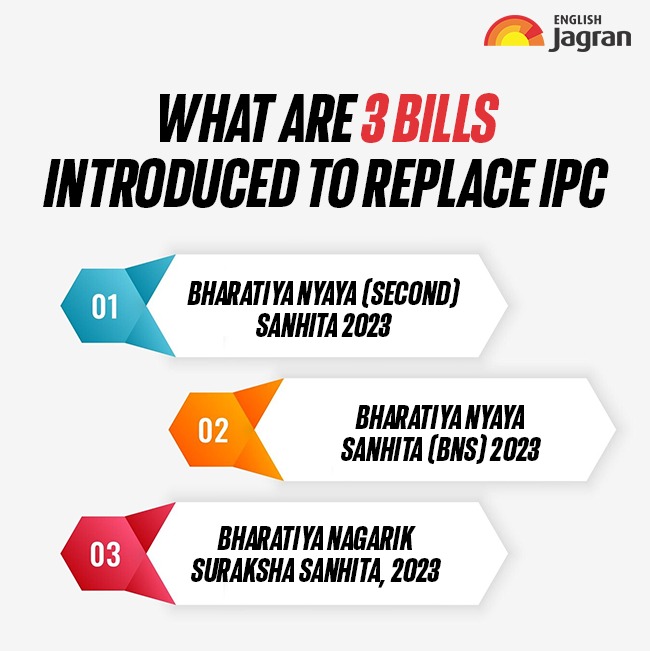- By Anushka Vats
- Wed, 13 Dec 2023 02:05 PM (IST)
- Source:JND
Union Home Minister Amit Shah on Tuesday reintroduced the three criminal laws in the parliament. The amended bills increase the minimum punishment for mob lynching and hate-crime murder to life imprisonment from seven years. The three new bills replace the Indian Penal Code (IPC), 1860; The Code of Criminal Procedure, 1973 (originally enacted in 1898); and the Indian Evidence Act, 1872. Let's take a look at what the amended bills say:
Bharatiya Nyaya (Second) Sanhita 2023
According to the proposed bill, which aims to replace the IPC, the punishment for mob lynching has now been extended from life imprisonment to death. Earlier, when the bill was introduced in August during the monsoon session of the Parliament, it called for a sentence extended from seven years to death.

The bill has also redefined terrorism, which now also includes "causing damage or destruction of property in a foreign country, intended for the defence of India or any other governmental purpose."
The terror provision now includes detention, kidnapping, or abduction of a person to compel the Government of India, state governments or foreign governments to do or abstain from doing any activity.
Bharatiya Nyaya Sanhita (BNS) 2023
The bill reverts the use of "unsound mind", which is currently used in the Indian Penal Code (IPC) as defence of the accused. Previously, the BNS had substituted it with the term "mental illness".
The Parliamentary panel led by BJP MP Brij Lal made several significant recommendations, one of which was to stop using the term "mental illness" since it is "too wide in its import" and may include mood swings and voluntary intoxication.
Bharatiya Nagarik Suraksha Sanhita, 2023
The bill seeks to replace the CrPC and prescribes community service as an alternative form of punishment for some offenses, such as minor theft, defamation, and attempting suicide with the goal to prevent a public official from doing her duties.
